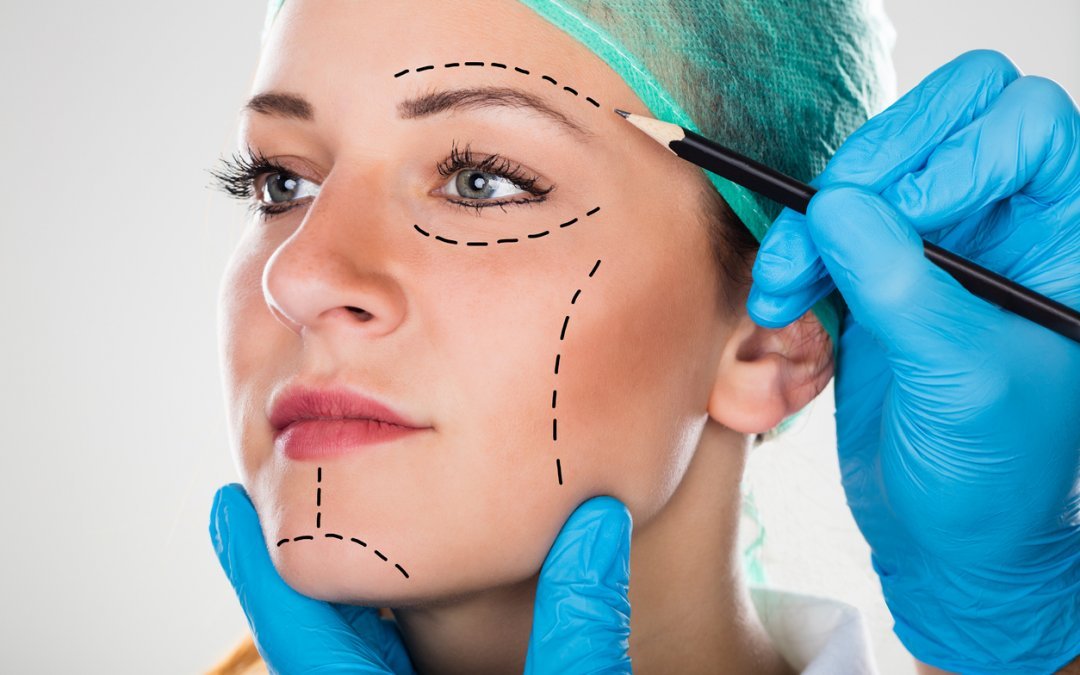The success of plastic surgery
The success of plastic surgery is not only determined during the operation. There are many care measures that can increase the chances of a successful procedure, both in the pre-operative and post-operative stages. Nutrition: It is essential for the patient to be well-nourished, as anemia and deficiencies in nutrients such as vitamins A, B, C, K, zinc, copper, and iron can impair healing and even cause bleeding. Meat and dark leafy vegetables are excellent sources of iron. A balanced diet should be initiated months before the surgery. Smoking is catastrophic! It is the biggest enemy of plastic surgery, as it negatively affects almost every stage of the surgery. Nicotine causes blood vessels to contract, worsening circulation. The over 4,000 toxins present in cigarettes impair blood oxygenation at a time when your body and tissues need oxygen and nutrients the most, significantly increasing the risk of tissue necrosis (tissue death). Another aggravating factor is the increased risk of venous thrombosis and pulmonary embolism. Smoking should be avoided as much as possible and discontinued 30 days before the procedure and for 30 days afterwards. Anticoagulants: Medications derived from aspirin, such as acetylsalicylic acid (ASA), and all those contraindicated in cases of suspected dengue fever, impair blood clotting, increasing the risks of bleeding and hematomas. Other medications containing vasodilators (such as ginkgo biloba and others) should also be avoided. Hormonal contraceptives increase the risk of thrombosis and pulmonary embolism and should be discontinued for at least 30 days before surgery and for up to 21 days afterwards. Hydrating the skin, preferably twice a day, especially in the areas that will be operated on, helps prevent the formation of stretch marks. Avoid hot environments for up to 21 days after the procedure. Avoid sun exposure for up to 45 days after surgery. Sun exposure increases swelling, facilitates bleeding, and can cause skin discoloration, particularly in cases where there are bruised or yellowish areas, as well as permanent darkening of the scars. When indicated, lymphatic drainage massage is a great ally of plastic surgery. It reduces edema, speeds up the disappearance of bruises, reduces pain, decreases fibrosis, facilitates and accelerates healing, optimizing results. Compression garments not only minimize swelling but also contribute to skin adherence and uniformity, complementing the effects of lymphatic drainage. Avoid exercises and movements that strain or stretch the incision. Any recent scar can widen when subjected to tension. Typically, a scar takes 45 days to develop reasonable strength. Follow all instructions from the surgeon. While it may seem obvious, unfortunately, it is not always followed. The belief that everything is fine, without pain, and having the thought “my healing is great!” can be true pitfalls. In case of any doubts, always reach out to our team for assistance.


